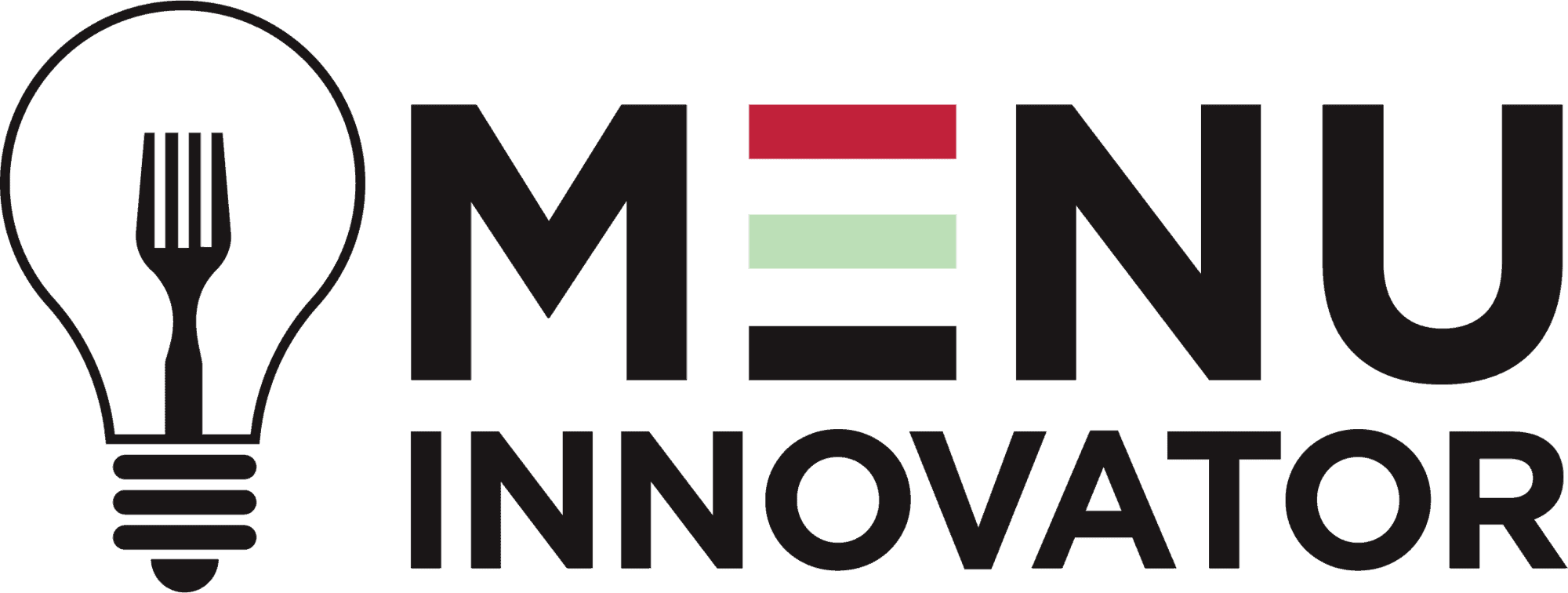Wellness in a Glass
What if you could sip your way to better brain function and a sharper mind? That’s the claim of proponents of nootropics, a word that means “mind shapers.” Like the similarly trending adaptogens, nootropics have actually been around for centuries and you probably drink one of them every day—caffeine is a nootropic.
Nootropics can be natural or synthetic. They are considered brain enhancers, and scientists have used them in prescription form for people suffering from dementia. But nootropics for everyone are a trend now, particularly in beverages.
Nootropics Defined
Some nootropics, like caffeine, are already familiar to people. For example, vitamins B6 and B12 are nootropics. The basic theory behind nootropics is that they can have a positive effect on neuroendocrine function, which could then lead to positive cognitive changes. While the science behind this is still evolving, nootropic supplements have been popular for some years already. But now, putting nootropics into beverages is a way to give people a wellness boost in a glass.
What to Do with Them
Many companies are taking notice and finding ways to utilize nootropics. Koios, a beverage company in Denver, CO, introduced a line of nootropic-enhanced beverages said to “support focus, memory, mental drive, clarity, and energy, naturally.” These sparkling beverages come in a can in five flavors: black raspberry, blood orange, peach mango, apricot vanilla, and pear guava. Sparklers like the ones by Koios work well on their own or used as a base for cocktails.
Kin recommends its drinks, called Euphorics, only for people 18 years of age or older, people who are not pregnant or breastfeeding, or people with certain medical conditions. Their other warnings are very reminiscent of the warnings against alcohol consumption, though their products contain no alcohol at all.
Nootropic Ingredient to Watch
Lions Mane mushrooms, long an ingredient in Asian cuisines, is a promising nootropic. It’s a featured ingredient in Koios’ beverages and is said to boost immune function, help with depression and anxiety issues, and improve cognitive function. I-theanine, another nootropic, resides in both black and green tea leaves. It’s an amino acid reputed to help with stress-relief and relaxation. Blackcurrant extract carries qualities to improve immune response. The fact that all of these can be harvested from natural plants is part of another important trend, that of organic ingredients and natural sources.
Choline and creatine are also nootropics. Choline appears in several fruits and vegetables, including broccoli, soybeans, cauliflower, milk, citrus fruits, and raspberries. Creatine, another amino acid and a popular supplement for building muscles and strength can be found in cranberries, already a popular ingredient in many beverages.
Nootropics are part of another trend as well, that of plant-based ingredients. With more people becoming interested in vegan and vegetarian options, using plant-based ingredients is a way to attract attention and increase sales. So that’s three trends from nootropics—better-for-you beverages, plant-based ingredients, and organic sources. It’s a trifecta for success!
Drink Well,
Dawn Ferchak
